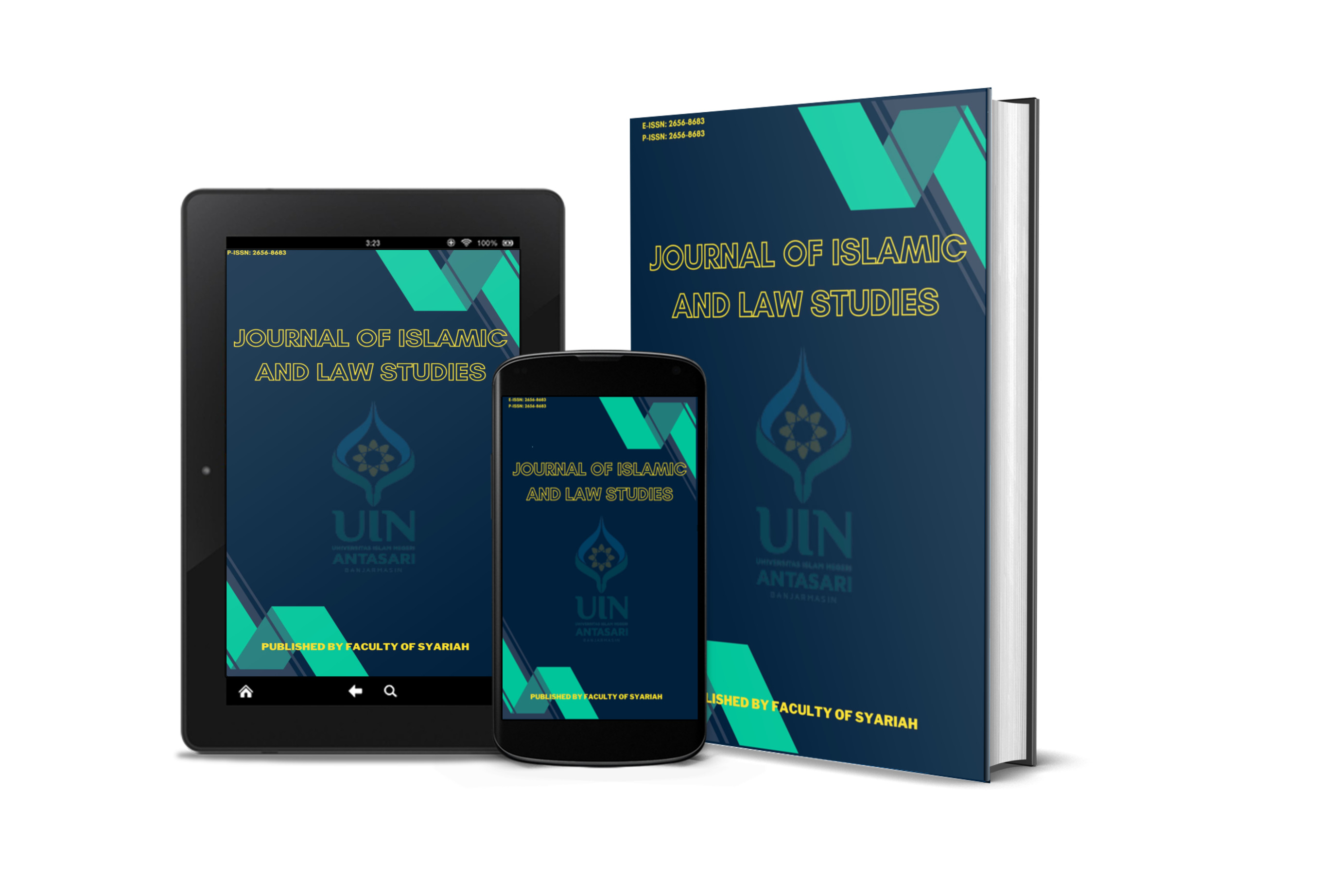Postgenderisme dalam Tinjauan Hukum Islam
DOI:
https://doi.org/10.18592/jils.v6i2.12524Abstract
Postgenderism is an idea that seeks to eliminate gender inhumans with the help of technology. The birth of this idea is ofcourse a concern, especially in the Islamic religion. This articleexamines the position of postgenderism in the Islamic genderperspective and postgenderism in the view of maqasid sharia.Through Islamic Studies research methods, it was concluded thatpostgenderism violates the gender provisions in Islam, wherehumans are created as male and female, and is also different fromthe concept of khuntsa or double sex. Based on a review of maqasidsharia, postgenderism is contrary to the main principles in Islam,namely hifz ad-din (maintaining religion), hifz an-nafs (maintainingself/soul), and hifz an-nasl (maintaining offspring), as well ashifzul mal. This idea of postgenderism erodes faith in the verses ofthe Koran which emphasize gender differences as God's will. Inaddition, gender modification using technology has the potential tocause birth defects in babies, which is contrary to the principle ofmaintaining personal health and safety. Postgenderism aims atpersonal pleasure without considering the preservation of humansand offspring, contrary to the aim of preserving offspring andmaintaining the human population on earth.Downloads
Published
2022-12-25
Issue
Section
Articles
License
Copyright (c) 2022 Akhmad Wafi, Amelia Fatmawati, Almejiem Aditya Wijaya

This work is licensed under a Creative Commons Attribution-NonCommercial 4.0 International License.
Authors who publish with this journal agree to the following terms:
- Authors retain copyright and grant the journal right of first publication with the work simultaneously licensed under a Creative Commons Attribution License that allows others to share the work with an acknowledgement of the work's authorship and initial publication in this journal.
- Authors are able to enter into separate, additional contractual arrangements for the non-exclusive distribution of the journal's published version of the work (e.g., post it to an institutional repository or publish it in a book), with an acknowledgement of its initial publication in this journal.
- Authors are permitted and encouraged to post their work online (e.g., in institutional repositories or on their website) prior to and during the submission process, as it can lead to productive exchanges, as well as earlier and greater citation of published work.




